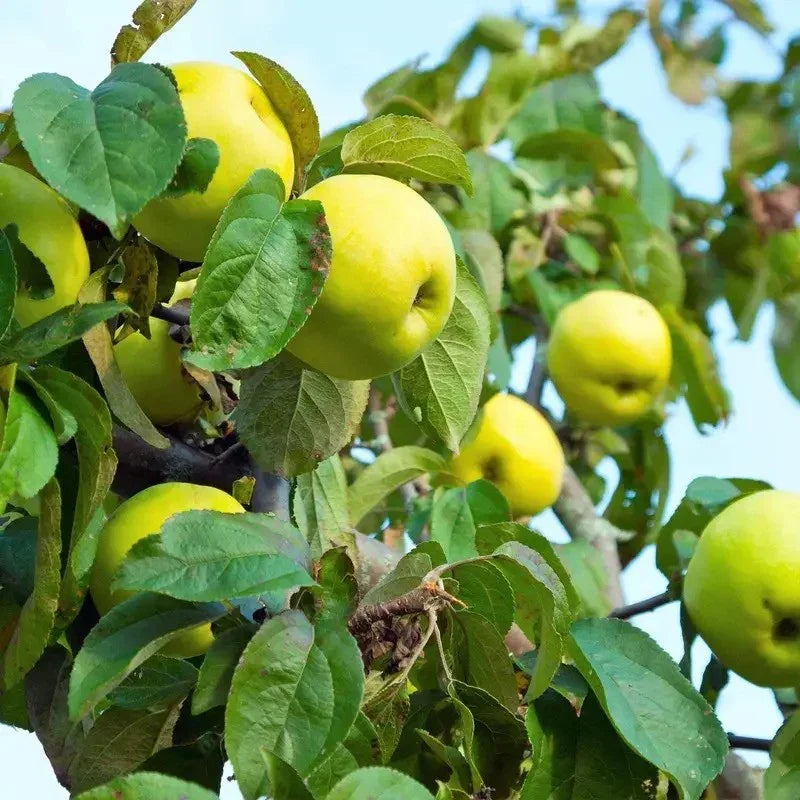Seed World
10 Antonovka Apple Seeds
10 Antonovka Apple Seeds
Couldn't load pickup availability
Grow one of the world’s most cold-hardy, reliable, and delicious heirloom apple varieties right from seed! Antonovka Apple Trees are famous for their exceptional toughness, disease resistance, and ability to thrive where many other apple varieties fail. Known for their fragrant white–pink spring blossoms and crisp yellow-green fruit, Antonovka apples are perfect for fresh eating, cider making, baking, and long-term storage.
This Russian heirloom apple is widely used as a rootstock due to its strong vigor and adaptability, making it perfect for orchard growers, homesteaders, and anyone wanting a dependable fruit tree that lasts for generations.
Cold hardy down to Zone 3 and naturally resilient, Antonovka apple trees deliver consistent harvests even in challenging climates.
🌱 Why Grow Antonovka Apple Seeds?
- One of the hardiest apple varieties—thrives in cold northern climates
- Excellent heirloom fruit for eating, baking, canning & cider
- Highly adaptable and disease resistant
- Strong rootstock for grafting other apple varieties
- Beautiful spring blooms attract pollinators
- A long-lived tree—perfect for homestead orchards
🌿 Growing Tips
- Cold stratify seeds for 60–90 days for best germination
- Plant in full sun to part shade
- Use well-drained soil and keep consistently moist during establishment
- Trees grow 15–20 ft tall with a 25 ft spread
- Harvest begins mid-September (early–mid season)
- Prune annually to maintain shape and fruit quality
❓ Frequently Asked Questions (FAQ)
How long does it take Antonovka apples to bear fruit?
3–5 years with proper care.
Do these seeds grow true to type?
Antonovka is one of the few apples known to grow fairly true from seed—excellent for seedlings and rootstock.
Do I need more than one tree for pollination?
Yes. Antonovka is a good pollinator partner and benefits from another apple variety nearby.
How hardy are Antonovka apple trees?
Extremely hardy—down to Zone 3, with excellent disease resistance.
Can these be grown in containers?
They can be started in pots but should eventually be planted in the ground due to their vigorous root system.
Where to Buy Antonovka Apple Seeds?
At Seeds World, we offer fresh, high-quality Antonovka Apple Seeds with fast U.S. shipping and careful packaging to ensure strong germination.
Share






